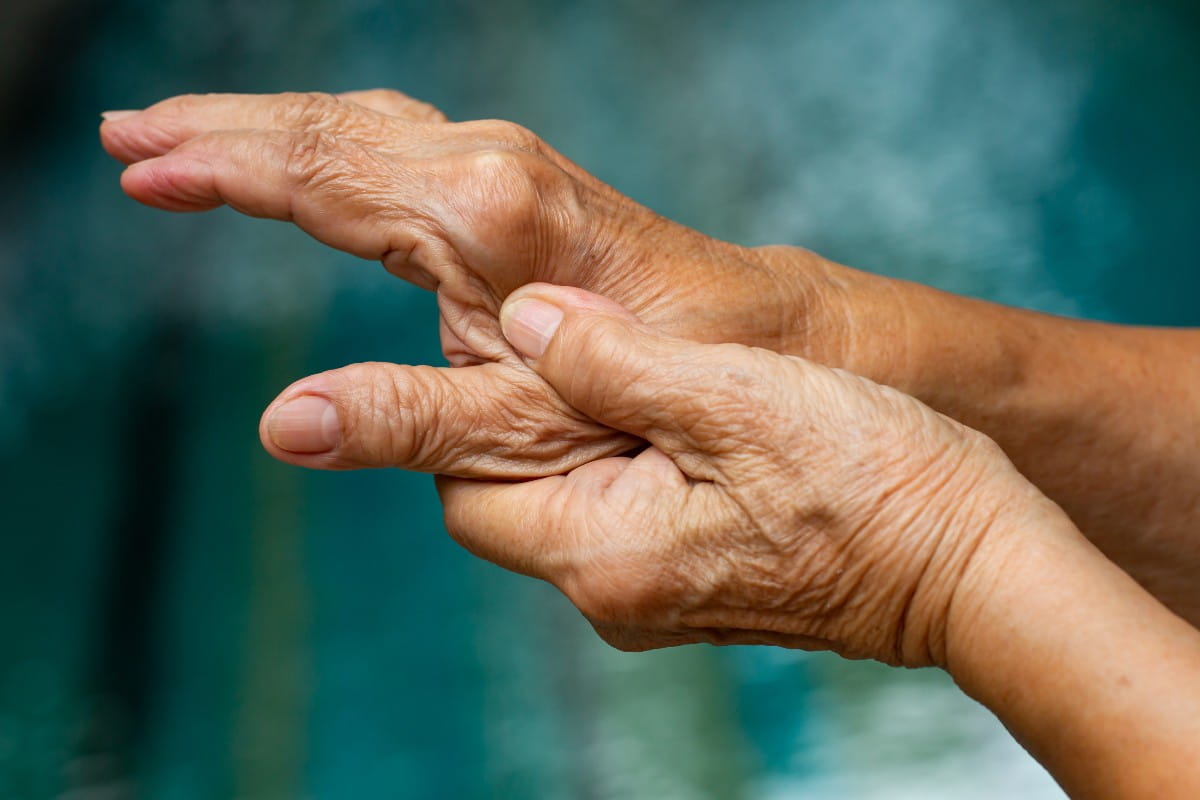Not as regular as you might like? Unfortunately, you are not alone. Constipation is a common chronic health condition in the U.S., and it affects women more than men.
When your digestive system slows down, it can take a toll on your quality of life, physically, mentally and socially. However, many effective treatment options are available.
"The biggest barrier to relief from constipation is not a lack of treatment options, it's often not recognizing the problem and seeking help in the first place," says Michael Ney, M.D., gastroenterologist with Riverside Health.
What is chronic constipation?
According to the American Gastroenterological Association constipation may include:
- Fewer than three bowel movements a week
- Hard stools
- A feeling of incomplete evacuation
- Discomfort in the abdominal area
- Bloating and distention
- Excessive straining
It is not uncommon to experience occasional constipation when traveling or when your day-to-day routine changes. Chronic constipation is when symptoms continue beyond a few days," says Dr. Ney.
Some constipation from time to time is normal, but if it persists, it's time to find a solution.
Chronic constipation isn’t always due to lack of fiber
It's true, lack of dietary fiber and not drinking enough fluids can cause chronic constipation. But other factors can have an impact as well, including:
- Medication
- Dietary supplements
- Surgery
- Pregnancy and childbirth
- Getting older
- Lack of physical activity
- Ignoring the urge to go
- Stress
- Medical conditions of the digestive tract and nervous system
Constipation is often easily treated
Treatment for constipation will take into account the underlying issues to get things moving again. Simple, consistent lifestyle changes that support bowel regularity include:
- Eating high fiber foods like vegetables, fruits, beans and whole grains
- Drinking enough fluids
- Getting daily physical activity
- Managing stress
If lifestyle changes aren't enough, your doctor may suggest adding or changing medications, using laxatives, and even physical therapy. Therapy may be useful to get the muscles of the digestive tract working again if the constipation is related to physical changes from events like surgery or childbirth.
When to see a doctor
It's important to consult your doctor if lifestyle changes don't improve your symptoms or if you experience any of the following:
- Blood in your stool or on the toilet paper when you wipe
- Vomiting
- Fever
- Inability to pass gas
- Lower back pain
- Abdominal pain that doesn't go away
- Personal or family history of colon or rectal cancer
Don't let chronic constipation keep you from an active and enjoyable lifestyle. Our award-winning gastroenterologists are here to help. Schedule an appointment with a gastroenterologist on our team for relief today.



